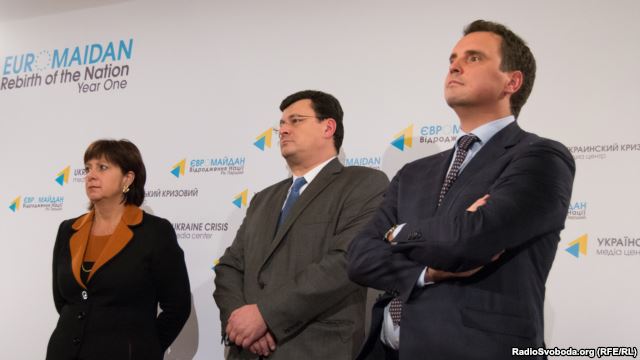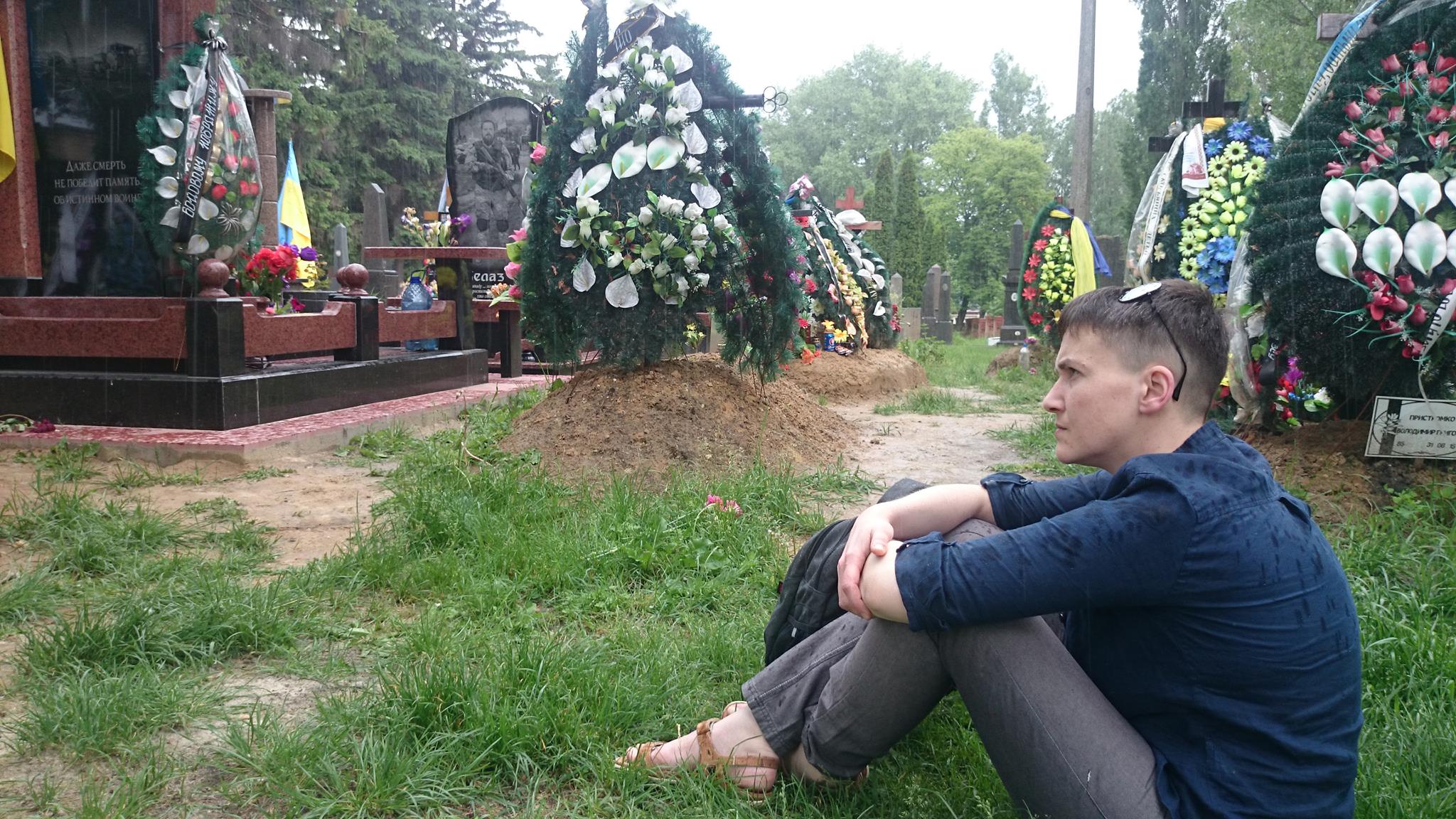Kyiv – Three foreign Ministers are already at work in the Ukrainian government. Some experts tie their emergence with the government’s intention to carry out reforms by involving professionals who have nothing to do with Ukrainian corruption. Some are convinced that the President and Prime Minister of Ukraine are trying to place all the responsibility for possible mistakes on the shoulders of the foreign ministers.
On December 2, at the open session of the new Verkhovna Rada, Ukrainian President Petro Poroshenko stated it was necessary to include foreigners in the new Cabinet of Ministers if they receive Ukrainian citizenship beforehand.
“I insist on the position that we should use the best foreign experience, to the extent of including foreigners in the government,” emphasized the head of state.
After this, Poroshenko granted Ukrainian citizenship to US American Natalia Yaresko (head of the Ministry for Finance), Georgian Oleksandr Kvitashvili (head of the Ministry for Healthcare) and Lithuanian Aivaras Abromavicius (head of the Ministry for Economic Development and Trade of Ukraine).
As President Poroshenko emphasized on his Facebook page, the state “needs reforms immediately.” “We need international practices of state government, anti-corruption, financial planning, anti-crisis management immediately, now more than ever, which only specialists from outside of Ukraine can bring,” the President wrote.
The Baltic states and Georgia have such an experience of involving foreigners, though they come from their own diasporas; in the past, they invited professionals and patriots from Canada, the US, France to occupy leading state posts to carry out reforms.
The sixth president of Latvia Vaira Vīķe-Freiberga, who was born in Riga before World War II but who spent her entire life in Canada, where she had taught in the University of Montreal, returned to Latvia in 1999 to become head of the state. According to her, it is possible for professionals with work experience on western markets who are not tied to Ukrainian oligarchs and who are well-acquainted with the democratic principles of functioning of state institutions, to beat corruption in Ukraine and speed up reforms.
Opinions diverge in Ukraine. Former Minister for Economic Development, and now independent expert Pavlo Sheremeta supported the President’s decision and noted that the emergence of foreign professionals in the Cabinet of Ministers of Ukraine will allow to increase the trust of potential investors in the country on the one hand, and push for reform on the other.
“They will be impeded, say, by clan oligarchical interests. In the era of globalization, I would even make legislation less complicated to enable us to invite foreigners with even foreign passports,” Sheremeta explained to the press.
Meanwhile experts from the International Center for Prospective Studies do not approve of including foreign professionals in the Ukrainian government. As the experts noted, “involvement of foreigners in the government means that the President and Prime Minister lack a clear vision of reforms at a number of important points, and are trying to remove personal responsibility for possible mistakes from themselves.”
The formation of the new government demonstrated that the parliamentary majority has no single team to carry out reforms and see their execution through clearly, claims the weekly analytical digest Inside Ukraine.
Representatives of right-wing and civil organizations have also expressed their discontent. In Kharkiv, a protest was held against the appointment of foreigners to Ministry posts.
Political expert, historian Oleksandr Paliy reminded Radio Liberty that the current ‘imports’ within the Ukrainian government are not pioneers: in the past twenty tears, representatives of the Ukrainian diaspora have occupied posts in state institutions. “These foreign experts have some ambition. For some reason they came to a country at war. So their motivation, we may say, is tied to self-actualization, and making a name in Ukraine. And then these people are now motivated, and I don’t see any huge human resources mistakes in this.”







